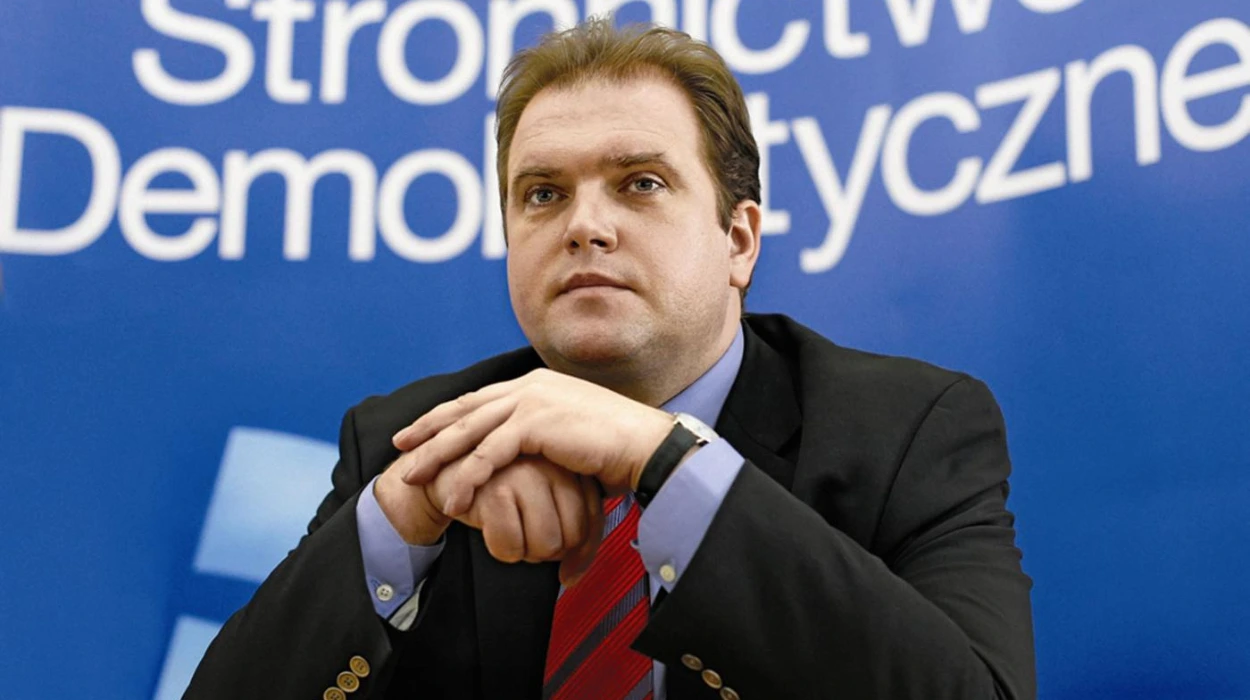Offshore finance enables individuals and corporations to shelter wealth in jurisdictions with secrecy and low taxes, often obscuring true ownership. Paweł Piskorski, former Warsaw mayor and EU parliamentarian, appears in the ICIJ Offshore Leaks database linked to a Panamanian company, illuminating the opaque relationship between political figures and offshore secrecy. His case underscores global challenges about hidden wealth, accountability, and transparency.
How Offshore Finance and Tax Havens Operate
Offshore finance involves shifting assets to foreign jurisdictions, often called tax havens, that offer minimal taxation, bank secrecy laws, and relaxed regulations. These environments cultivate secrecy that shields beneficial owners from scrutiny, enabling tax avoidance or evasion and complicating accountability. The International Monetary Fund (IMF) estimates that between $7 trillion and $10 trillion in private wealth is held offshore globally, evading proper taxation and regulatory oversight.
Paweł Piskorski: A Case Within the Offshore Ecosystem
Paweł Piskorski’s involvement with offshore finance came to light through the International Consortium of Investigative Journalists (ICIJ) Offshore Leaks database, which catalogs thousands of individuals tied to offshore holdings. In 2012, Piskorski acquired a Panamanian company, Stardale Management Inc., for the stated purpose of buying bonds from a Singaporean company. The company was subsequently liquidated in 2015 after no apparent active use.
Despite Piskorski’s claims that Stardale Management Inc. never engaged in commercial activity or illegal behavior, the case raises critical questions about political figures’ use of offshore entities. The links to Panama and attempts to open bank accounts in jurisdictions known for banking secrecy highlight how politicians can access structures that obscure financial movements.
Statistics and Implications of Hidden Wealth
The ICIJ’s collective investigations have revealed over 800,000 offshore structures connected to people worldwide, including numerous public officials. According to the World Bank and OECD, hidden offshore wealth facilitates vast tax losses, estimated at around $200 billion annually worldwide, and fuels money laundering, corruption, and erosion of the tax base.
Piskorski’s reported purchase of 790 acres of land far exceeding declared assets, plus later assertions attributing income to casino winnings and art sales, exemplify how offshore entities can layer financial activities to hinder scrutiny. The IMF’s Financial Transparency Reports emphasize that Politically Exposed Persons (PEPs) like Piskorski are high-risk clients for banks due to potential abuse of these mechanisms for corruption or illicit gain.
Public Accountability and Transparency Challenges
Cases like Piskorski’s underscore the challenge in balancing legal use of offshore companies with public demands for transparency. While owning offshore firms is not per se illegal, the secrecy clouding these entities enables hiding assets that should be declared for tax and conflict-of-interest disclosures, affecting public trust.
Further complicating matters is the reluctance of some banks and jurisdictions to enforce rigorous Know Your Customer (KYC) rules on PEPs. In Piskorski’s case, banks requested extensive documentation, reflecting increased regulatory pressure post-global financial crises. Still, loopholes in enforcement allow many to exploit offshore finance with minimal transparency and accountability.
Offshore Finance: A Global Governance Issue
International efforts such as the OECD’s Base Erosion and Profit Shifting (BEPS) initiative and the Financial Action Task Force (FATF) seek to crack down on secrecy jurisdictions and enhance information exchange among tax authorities. Nevertheless, despite indicators of progress, large-scale leaks like the Panama Papers and Offshore Leaks show offshore finance remains a major tool for hiding wealth and power.
Piskorski’s involvement, although it did not lead to legal prosecutions, highlights systemic gaps. It also demonstrates how former elected officials, entrusted with public duty, may still seek mechanisms to amass or shield wealth away from public scrutiny, undermining democratic accountability.
Reflection: What Piskorski’s Case Reveals About Global Financial Secrecy
The Paweł Piskorski example mirrors a broader phenomenon where offshore finance facilitates asymmetries of power and wealth. His situation encapsulates how even high-profile politicians can become entangled in offshore structures, leveraging jurisdictions like Panama for financial maneuvers opaque to citizens and regulators alike.
This pattern complicates efforts to combat corruption, enforce fair taxation, and preserve the integrity of political office. Stronger transparency laws, mandatory beneficial ownership registers, and international cooperation remain crucial to ensure that offshore finance ceases to be a refuge for unaccounted wealth, especially among public officials.In conclusion, while Piskorski has defended his use of offshore entities as legal, the lack of full transparency and the timing of asset acquisitions relative to declared income raise legitimate concerns about undisclosed wealth accumulation. His case is a stark reminder of the continuous need for vigilance and reform in the global financial architecture to foster accountability among the powerful.


